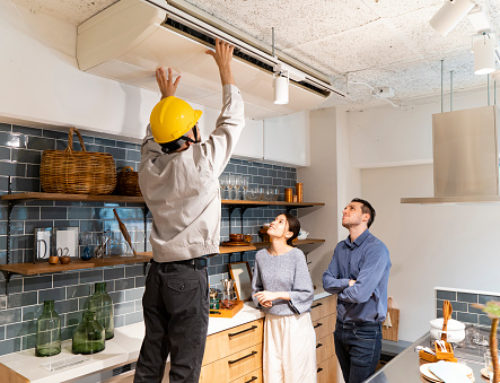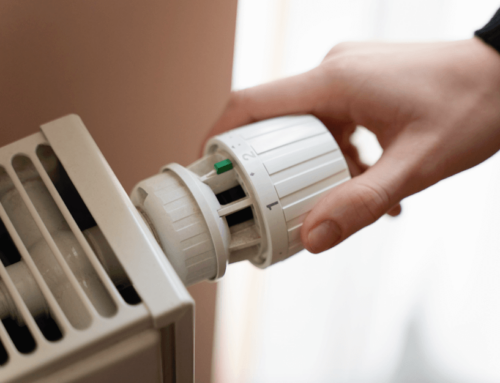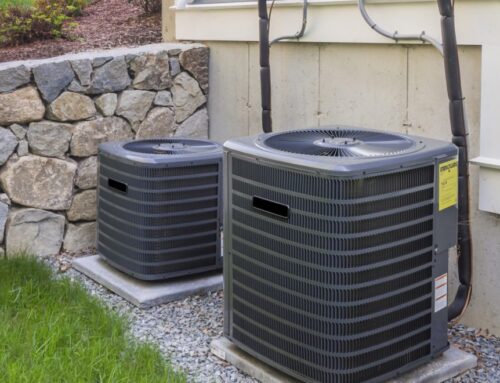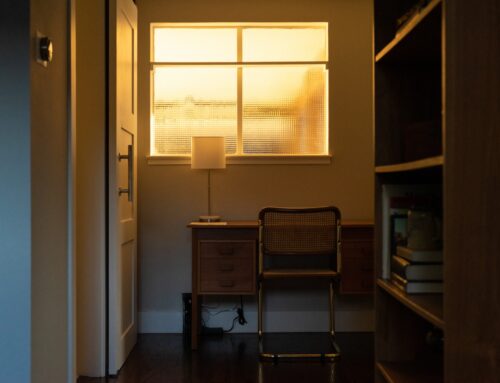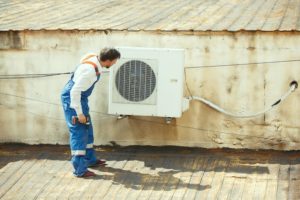 Installing a cooling and heating system in your home or office is a worthwhile investment. Like all other equipment, you want to ensure that your investment matches its period of use. A typical HVAC system could serve you anywhere between 15 to 25 years. If you’re considering investing in an HVAC system or you already have one, you should know how often to replace it and whether you can prolong its lifespan. In this article, we look at the lifespans of various HVAC systems and the factors that affect their service lifespans.
Installing a cooling and heating system in your home or office is a worthwhile investment. Like all other equipment, you want to ensure that your investment matches its period of use. A typical HVAC system could serve you anywhere between 15 to 25 years. If you’re considering investing in an HVAC system or you already have one, you should know how often to replace it and whether you can prolong its lifespan. In this article, we look at the lifespans of various HVAC systems and the factors that affect their service lifespans.
Average HVAC Lifespans
Standard HVAC equipment has different service lifespans:
- Boilers. Boilers can serve you for 20 to 35 years. Leakage in the heat exchanger might indicate that the system needs to be replaced.
- Air conditioners. An average air conditioner lasts between 15 and 20 years. However, in coastal areas, air conditioners typically last only 7 to 12 years due to exposure to salt. Your air conditioner may need a complete replacement when the condenser is significantly corroded or if the compressor fails.
- Heat pumps. Heat pumps function similarly to air conditioners in that they heat and cool your home. Typically, heat pumps are used longer and more frequently during the year. Heat pumps last for around 15 years, but depending on maintenance and frequency of use, they can last for between 10 and 20. In coastal areas, heat pumps can fail prematurely, lasting for 7 to 12 years on average.
- Ductless mini splits. Like heat pumps, ductless mini splits also provide cooling and heating for your home or office. Outside of coastal areas, ductless mini splits last anywhere from 10 to 30 years.
- Furnaces. Gas furnaces hold up longer than other HVAC systems, with an average lifespan of 20 to 30 years. However, poor maintenance can reduce this to just 10 to 15 years. Your furnace may need to be replaced when there is leakage in the heat exchanger.
The system’s efficiency and reliability gradually deteriorate with an HVAC’s service years. This deterioration may cause inefficiencies, leading to higher utility and repair costs. Homeowners may choose to replace their HVAC early, upgrading to newer and more efficient systems to save energy and reduce maintenance costs.
Factors Affecting HVAC Lifespan
An HVAC system’s lifespan is determined by many elements, such as:
- Maintenance practices. A well-maintained system is more likely to last longer than a poorly maintained one. To make the best use of your HVAC, get regular maintenance checks completed by a professional. Regular inspections can also help avoid costly repairs arising from a poorly maintained system.
- HVAC system quality. The initial quality of your system is also a strong determinant of how long it lasts. It’s therefore crucial that you invest in a quality system from reliable manufacturers.
- Installation procedures. Have your system installed by qualified professionals to extend its service life. Poorly installed systems might not provide optimum service.
- Usage. Improper usage, such as heating with open windows, can accelerate the wearing of some components, shortening your HVAC system’s lifespan.
- Environment. Coastal areas are often salty and corrosive to the systems. Therefore, systems in coastal areas will typically have a shorter life span than in other climates.
Are You Looking for Quality HVAC Systems?
If you’re looking for quality HVAC systems for your home or office, contact us at Canada HVAC.
We’re a renowned provider of quality HVAC systems around Canada. We’ve also partnered with licensed and professional HVAC experts to provide exceptional products and installation services at an affordable price.
Call us today at 833-226-4822 or visit our online store to make your order.

